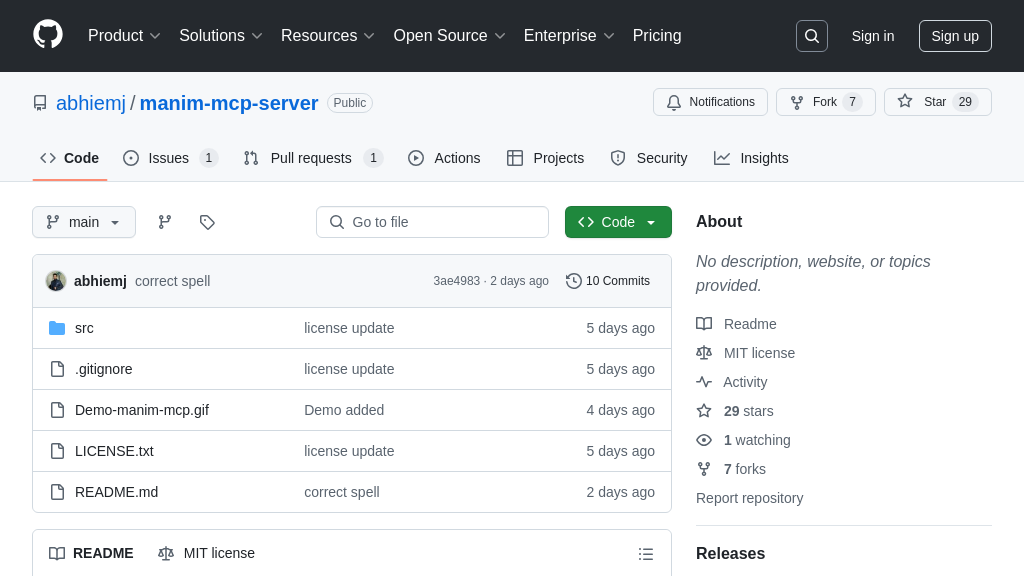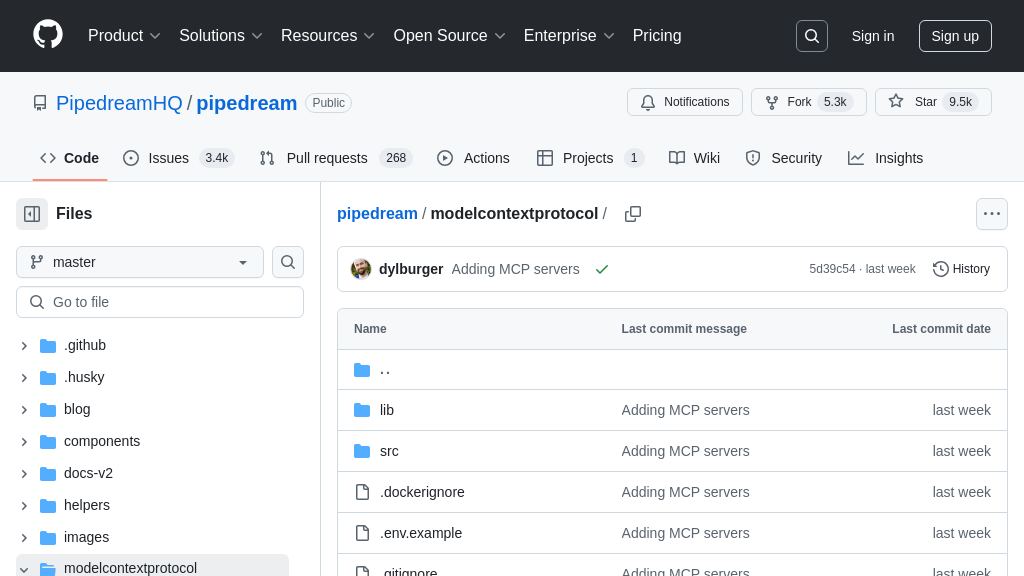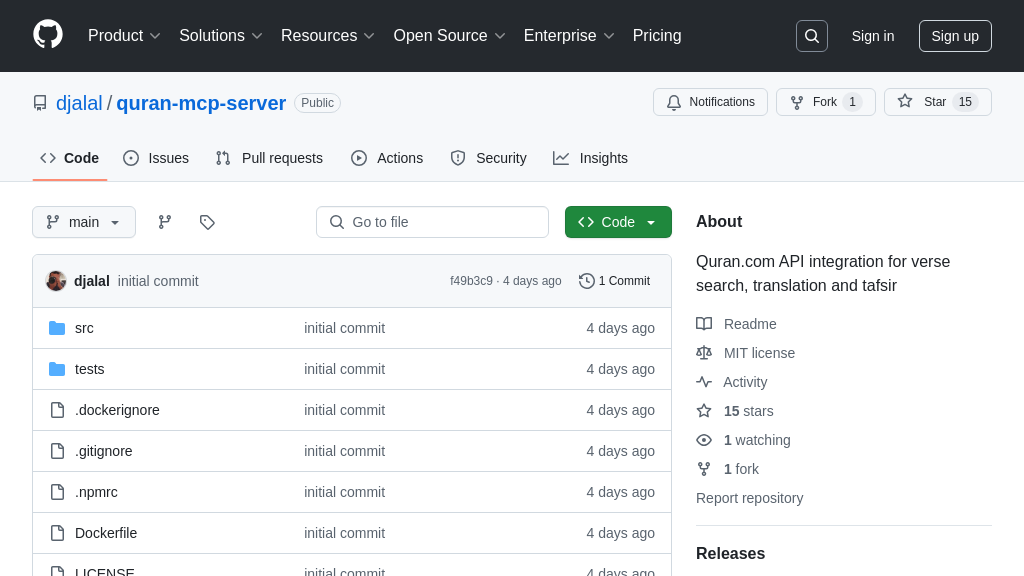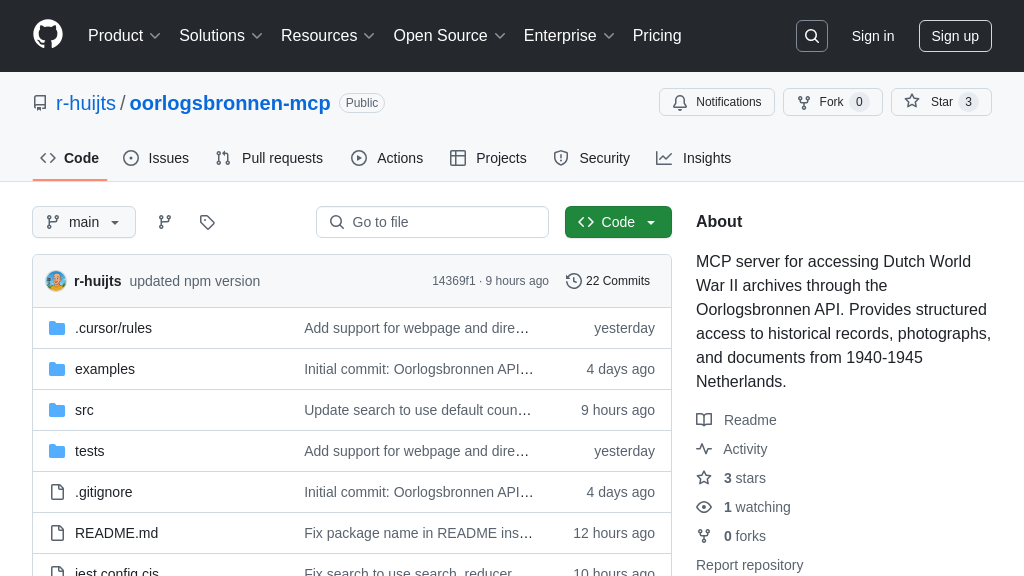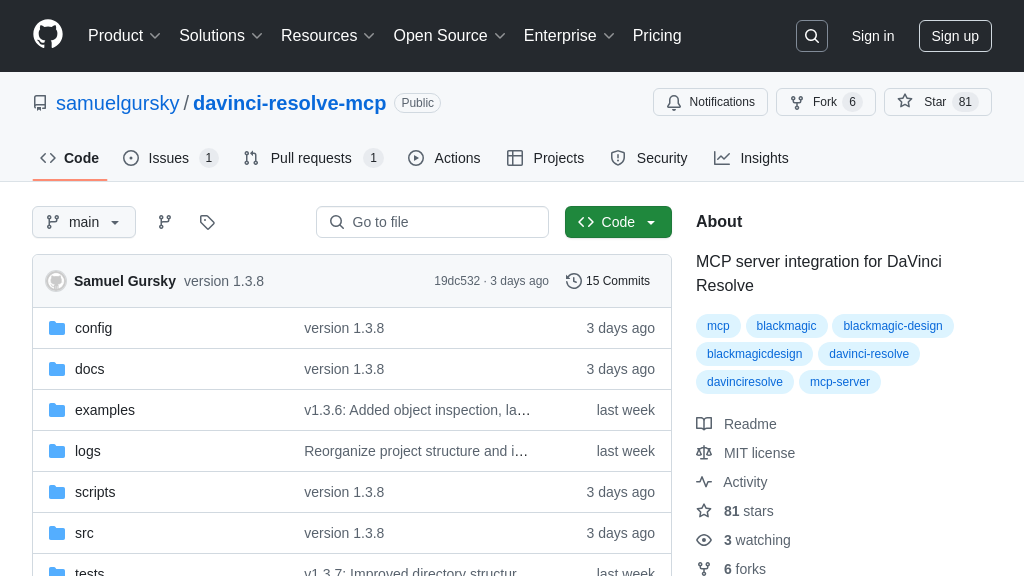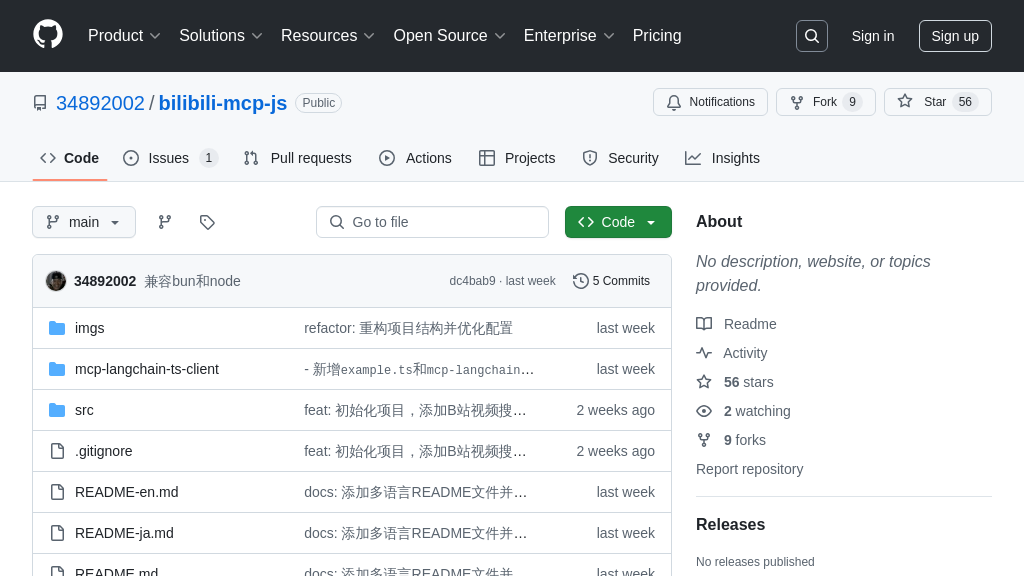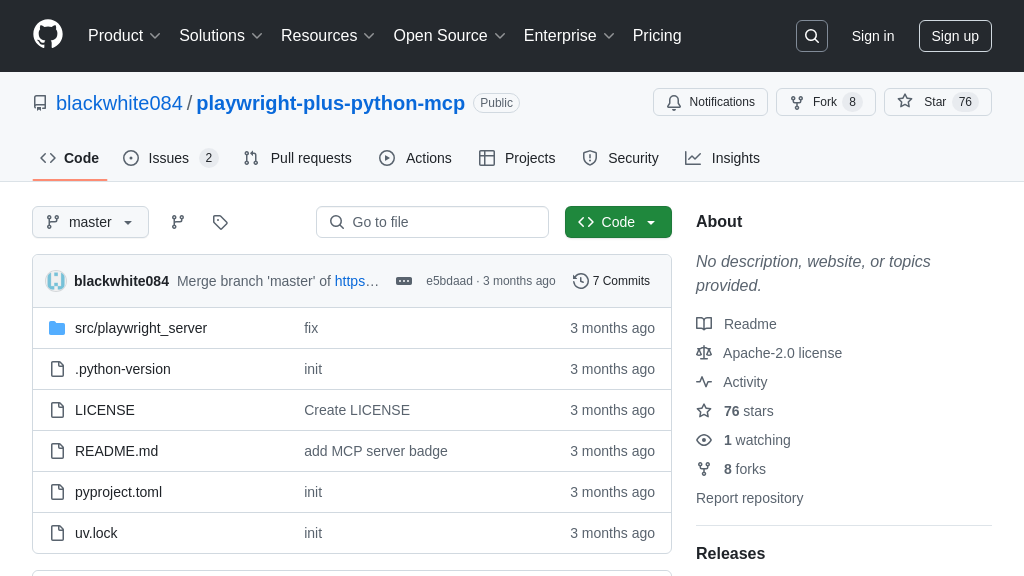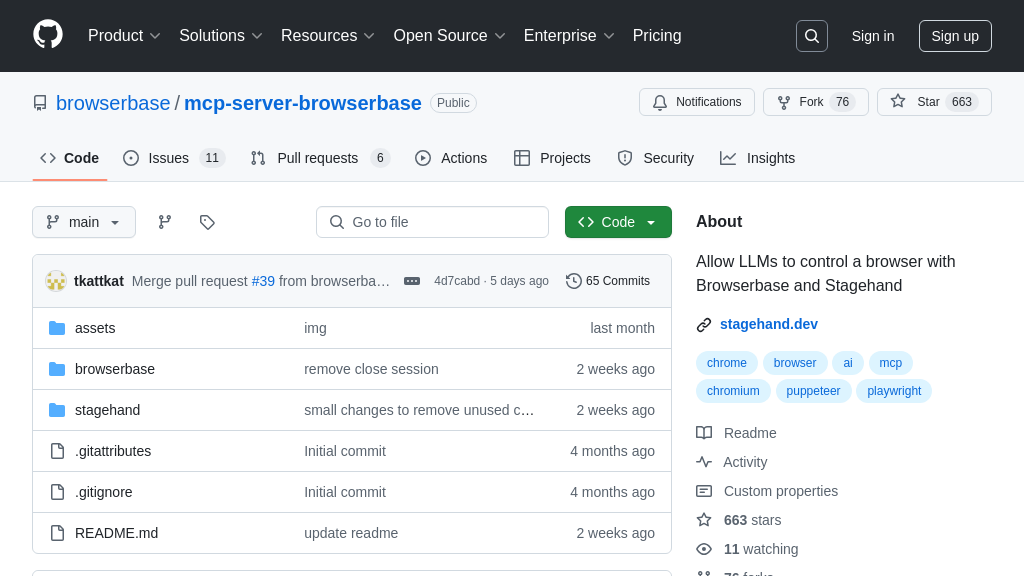strava-mcp-server
The Strava MCP Server connects AI models to Strava API, enabling access to athlete activity data for intelligent applications.
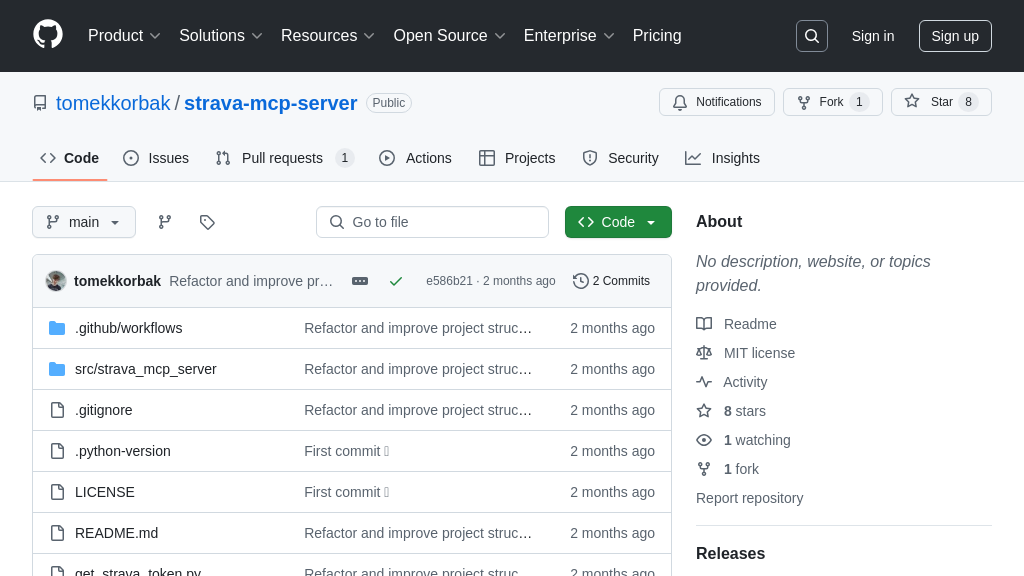
strava-mcp-server Solution Overview
The Strava MCP Server is a valuable tool for developers looking to integrate athlete activity data into AI models. As an MCP server, it provides a secure and standardized interface for language models to access the Strava API. This server allows AI to query a user's activities, filter by date range, or retrieve specific activity details.
Key features include endpoints for retrieving recent activities, searching by date, and accessing detailed information for a given activity ID. The server returns data with consistent field names and units, simplifying data processing for AI models. By handling authentication with the Strava API, it removes a significant hurdle for developers.
The core value lies in enabling AI models to provide personalized insights, training recommendations, or performance analysis based on real-world athletic data. Integration is streamlined through environment variable configuration and direct compatibility with platforms like Claude. This server empowers developers to create innovative applications leveraging the power of AI and fitness data.
strava-mcp-server Key Capabilities
Athlete Activity Data Access
The strava-mcp-server provides AI models with access to a user's Strava activity data. It acts as a bridge between the AI and the Strava API, abstracting away the complexities of API authentication and data formatting. The server allows models to query for recent activities, activities within a specific date range, or details about a specific activity by its ID. This enables AI models to incorporate real-world fitness data into their reasoning and responses. For example, a language model could use this data to provide personalized fitness advice, generate summaries of athletic performance, or even create engaging narratives based on the user's activities. The server ensures that the AI model only accesses data that the user has authorized through the Strava API.
Standardized Activity Data Format
The server returns activity data in a consistent and well-defined format, regardless of the specific activity type or query. This standardization is crucial for AI models, as it eliminates the need for complex data parsing and cleaning. The data includes key metrics such as distance, time, speed, elevation gain, and calories burned, all with clear units of measurement. Location data (start and end coordinates) is also provided. By providing a standardized format, the strava-mcp-server simplifies the integration of Strava data into AI workflows, allowing developers to focus on building intelligent applications rather than wrestling with data inconsistencies. For instance, an AI could easily compare a user's running performance across different activities, identify trends, and provide actionable insights.
Secure Authentication Handling
The strava-mcp-server handles the complexities of Strava API authentication, ensuring secure access to user data. It uses the OAuth 2.0 protocol with refresh tokens to maintain persistent access without requiring the user to re-authenticate frequently. The server securely stores and manages the refresh token, client ID, and client secret, preventing these sensitive credentials from being exposed to the AI model. This is critical for maintaining user privacy and security. The server also handles token refresh automatically, ensuring uninterrupted access to the Strava API. This feature simplifies the development process for AI applications that require access to Strava data, as developers don't need to implement their own authentication mechanisms.
Flexible Date Range Queries
The get_activities_by_date_range tool allows AI models to retrieve activities within a specific time period. Dates must be provided in ISO format (YYYY-MM-DD). This functionality enables AI to analyze trends over time, compare performance across different periods, or identify specific events within a user's activity history. For example, an AI could be used to track progress towards a fitness goal by comparing activity data from the beginning and end of a training program. The get_recent_activities tool provides a simplified way to query activities from the past X days.
Technical Implementation
The strava-mcp-server is implemented in Python and leverages the Strava API to retrieve activity data. It uses environment variables to store sensitive authentication credentials, such as the Strava client ID, client secret, and refresh token. The server exposes its functionality through a set of well-defined API endpoints, which can be easily integrated into AI models using standard HTTP requests. The server also includes error handling to provide informative messages in case of invalid requests or API errors. The use of Python and standard web technologies makes the server easy to deploy and maintain.
